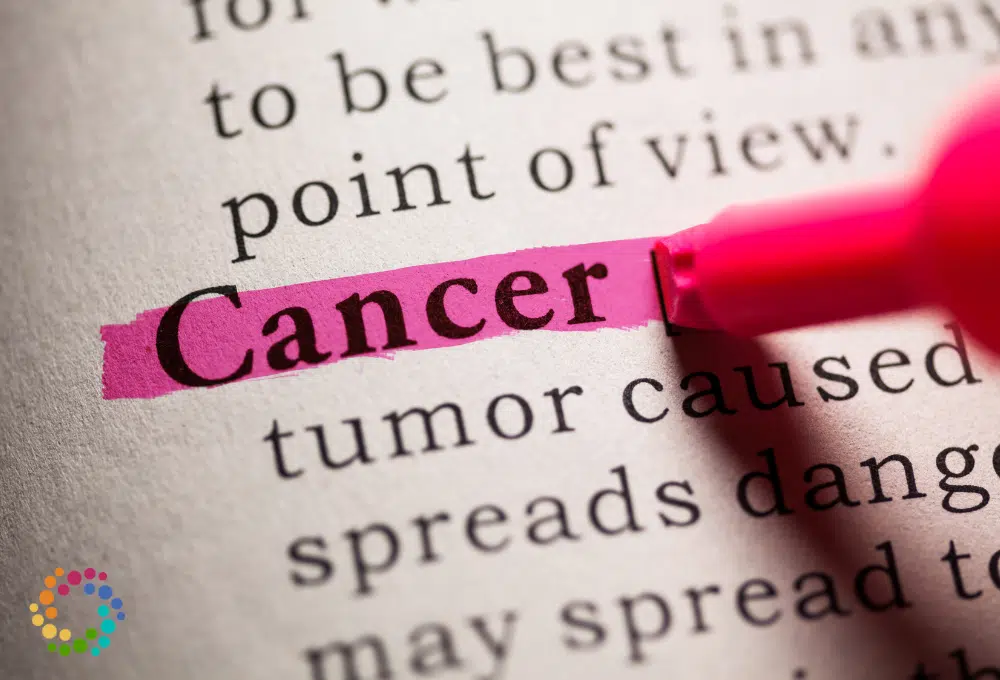The link between alcohol, cancer risk and healthy lifestyle
The U.S. Surgeon General’s recent advisory on the link between alcohol consumption and increased cancer risk is an opportunity to engage with patients on the avoidance of risky substances pillar of lifestyle medicine.
By Sally Crocker
February 4, 2025

The U.S. Surgeon General’s recent advisory warning of the link between alcohol consumption and increased cancer risk has opened up conversations about a serious topic that many Americans fail to consider.
Alcohol is the third leading preventable cause of cancer in the country, after tobacco use and obesity. While evidence for this connection has been growing over the last four decades, less than half of Americans recognize alcohol as a cancer risk factor. Some of the confusion likely stems from previous conflicting literature implying that low levels of alcohol consumption may have health benefits.
“Historically, there has been this notion in the medical literature that one or two glasses of alcohol a night is fine or even healthy,” said Associate Clinical Professor at the University of Utah School of Medicine Steve G. Sugden, MD, MPH, MSS, DipABLM, who is working with ACLM to develop an addiction medicine member interest group (MIG). “People have kind of wanted to have both sides of it, to enjoy their drink and be under control of their health, too.”
The U.S. Dietary Guidelines 2020-2025 on alcohol consumption recommend one drink or less per day for women and two or less for men. Two new recent reports, “Scientific Findings of the Alcohol Intake & Health Study” from the Interagency Coordinating Committee on the Prevention of Underage Drinking, and “Review of Evidence on Alcohol and Health” from the National Academies of Sciences, Engineering, and Medicine, will be taken under consideration for the next Dietary Guidelines, due out later this year.
“The societal confusion is perfectly justified by the mixed messages that have come out,” ACLM Member and Vice President of Research at the American Institute for Cancer Research Nigel Brockton, PhD, said recently. “But “whether it’s red wine, whether it’s liquor, whether it’s beer, they all increase your risk” of cancer. “If you are really concerned about your cancer risk, then you would want to minimize your drinking as much as possible. There is no safe dose.”
Advisories can have an impact
Health advisories historically have focused primarily on smoking and tobacco use, but it’s time to expand the definition of risky behaviors and ways of achieving a healthy lifestyle, Dr. Sugden said. The Surgeon General’s warning gives more credence to the fact that there is a wider range of risky substances to avoid. The Surgeon General has also campaigned for mental health and about the dangers of loneliness and social disconnection. ACLM recently expanded its definition of risky behaviors for the lifestyle medicine pillar of avoidance of risky substances.
“The Surgeon General’s advice about loneliness has been very well received, and there is an overlap in the rate of substance use among those who feel lonely or experience other mental health conditions,” he said.
What can clinicians do?
The advisory presents an opportunity for clinicians to engage with patients on avoidance of risky substances and the other five pillars: optimal nutrition, physical activity, stress management, restorative sleep and positive social connections.
ACLM offers to members The Lifestyle Medicine Cancer Toolkit, which is both a provider-focused and individual resource. The toolkit focuses on the time points of cancer risk reduction and survivorship for individuals finished with primary treatments. ACLM also has a Cancer MIG with more than 950 members.
In addition, ACLM also offers a handout on risky substances to help facilitate conversations on risky substances and a video exploring the pillar that are available to members. The handout includes information on 2020-2025 Dietary Guidelines for Americans recommendations for alcohol and establishing SMART Goals (Specific, Measurable, Achievable, Realistic and Time-bound) to help reduce alcohol consumption.
The full catalog of ACLM complimentary and members-only resources can be accessed here.